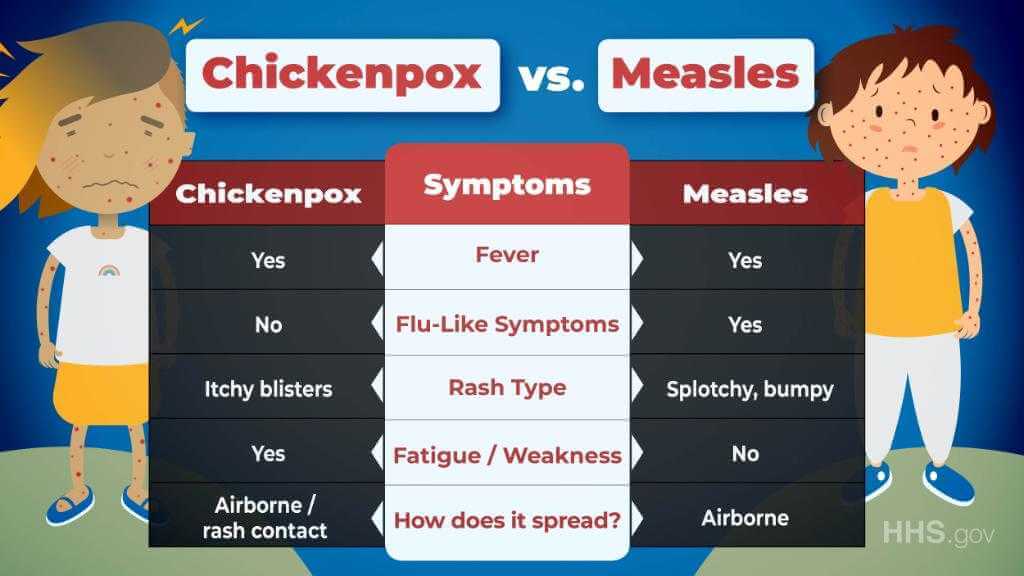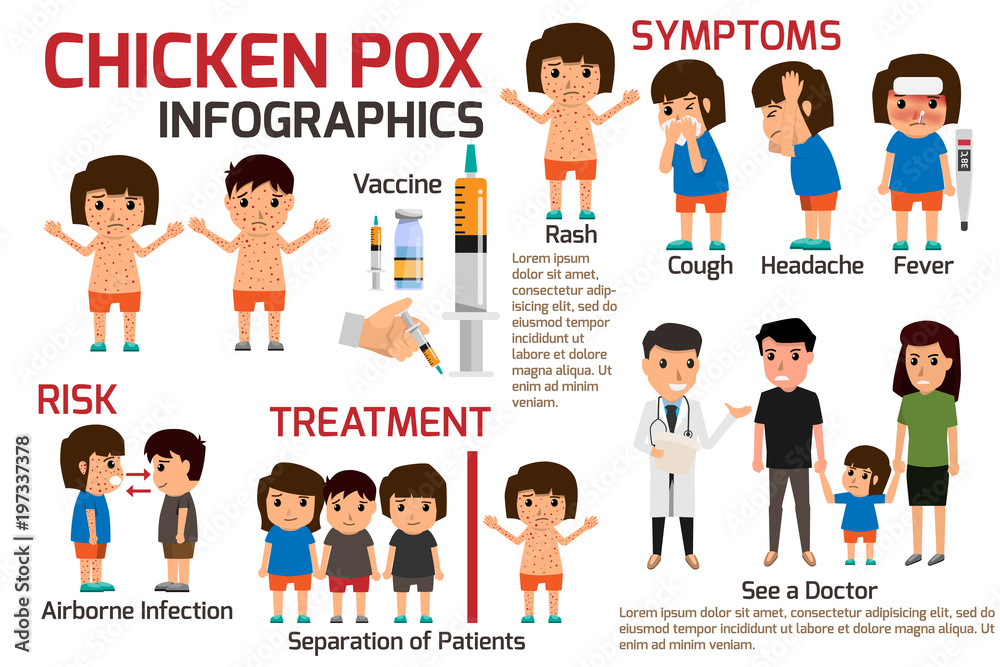Chickenpox vs Measles: A Comparative Analysis
Introduction
Explore the variances between Chickenpox vs Measles, highlighting their distinct characteristics in symptoms, complications, and prevention methods. Understanding these differences is vital for effective management and prevention strategies against these infectious diseases.
Causes and Transmission
Chickenpox is caused by the varicella-zoster virus (VZV), which spreads through respiratory droplets or direct contact with the fluid from the blisters of an infected person. Measles, on the other hand, is caused by the measles virus and is highly contagious, spreading through respiratory droplets from coughing and sneezing.
Symptoms
Chickenpox typically begins with a fever, followed by a characteristic rash of itchy blisters that spread over the body. Measles also presents with a fever, along with a cough, runny nose, inflamed eyes, and a distinctive red rash that starts on the face and spreads downward.

Complications
While both diseases are generally mild in healthy individuals, they can lead to severe complications, especially in vulnerable populations. Chickenpox can cause pneumonia, bacterial infections of the skin and soft tissues, and, rarely, inflammation of the brain (encephalitis). Measles complications include ear infections, pneumonia, encephalitis, and in severe cases, death.
Diagnosis
Diagnosing chickenpox is often based on clinical presentation, including the characteristic rash. Measles diagnosis may involve laboratory tests, including blood tests and throat swabs, to confirm the presence of the virus.

Treatment
Treatment for chickenpox focuses on relieving symptoms, such as fever and itching, with over-the-counter medications and antiviral drugs in severe cases. Measles treatment involves supportive care to alleviate symptoms, as there are no specific antiviral medications available.
Prevention
Preventing the spread of chickenpox involves practicing good hygiene and avoiding contact with infected individuals. Measles prevention includes vaccination, as the measles vaccine is highly effective at preventing infection.
Vaccination
Vaccination plays a crucial role in preventing both chickenpox and measles. The chickenpox vaccine is recommended for all children and adults who have not had chickenpox or been vaccinated. The measles vaccine, typically administered as part of the measles, mumps, and rubella (MMR) vaccine, is essential for preventing measles outbreaks.

Public Health Importance
Both chickenpox and measles have significant public health implications. Vaccination efforts have led to a dramatic decrease in chickenpox cases, while measles outbreaks continue to occur, emphasizing the importance of vaccination and public health initiatives.
Read More About
Effective measures against infectious viruses
Conclusion
In conclusion, while chickenpox and measles share similarities in terms of being infectious diseases primarily affecting children, they differ in their causative agents, symptoms, complications, and prevention strategies. Vaccination remains the most effective way to prevent both diseases and their associated complications.
FAQs
- Are chickenpox and measles the same thing?
- No, they are caused by different viruses and have distinct symptoms and complications.
- Can adults get chickenpox or measles?
- Yes, although these diseases are more common in children, adults who are not immune can still get infected.
- What is the best way to prevent chickenpox and measles?
- Vaccination is the most effective method for preventing both diseases.
- Are there any long-term complications of chickenpox and measles?
- While most cases resolve without issue, both diseases can lead to severe complications, especially in vulnerable individuals.
- Is it safe to receive the chickenpox and measles vaccines?
- Yes, vaccines undergo extensive testing to ensure safety and efficacy before being approved for use.





 Viesearch - The Human-curated Search Engine
Viesearch - The Human-curated Search Engine

44 Comments